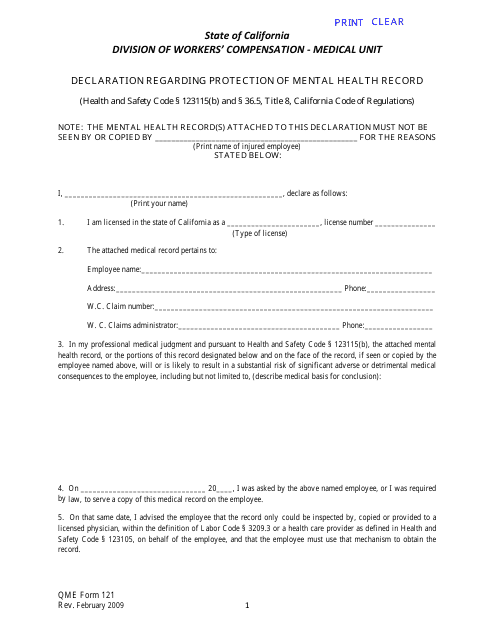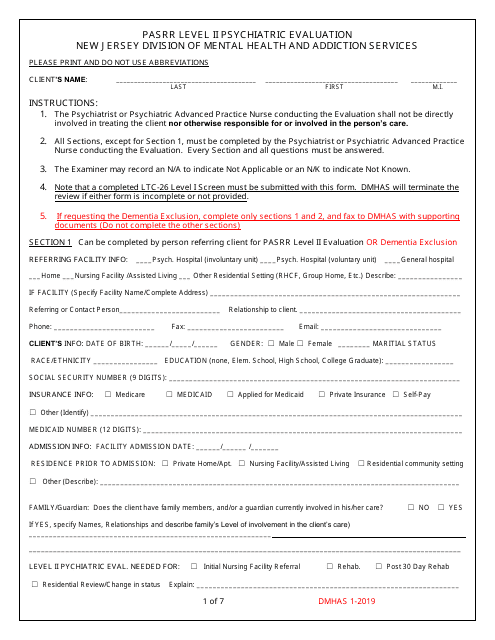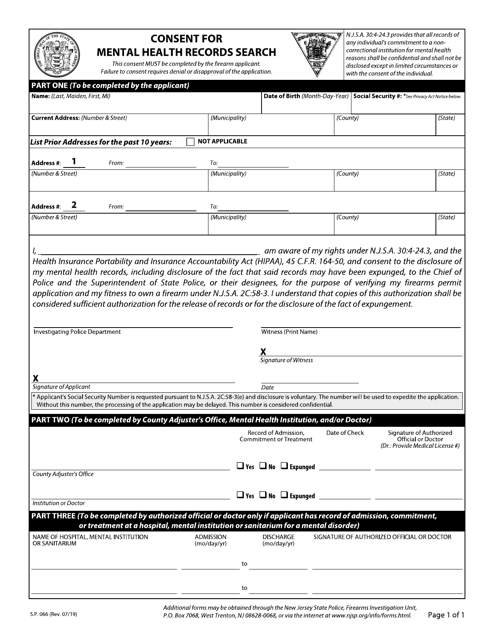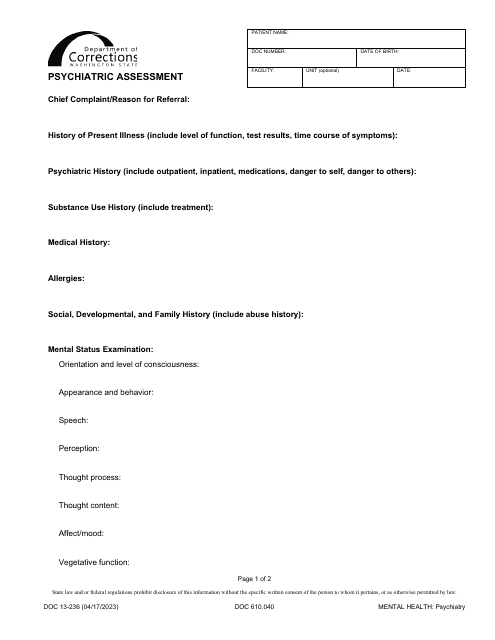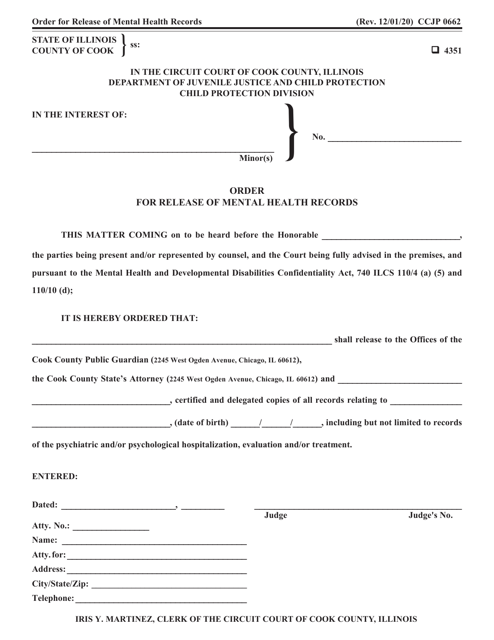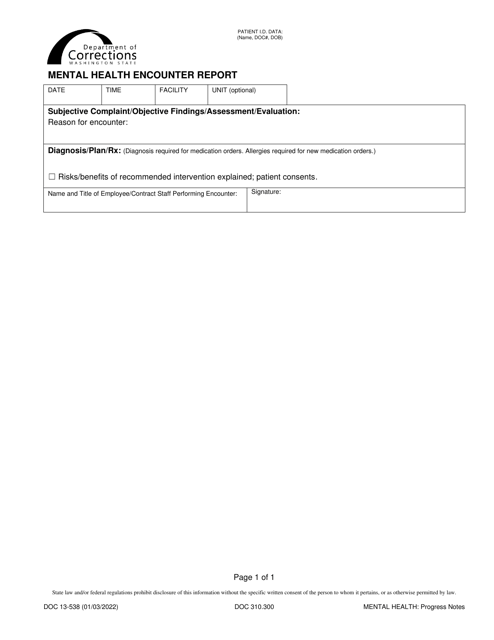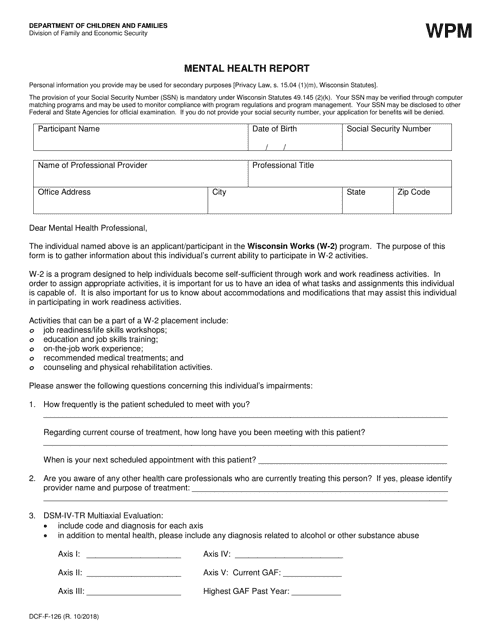Mental Health Records Templates
Mental health records play a vital role in documenting and preserving crucial information related to an individual's mental health. These records serve as a comprehensive repository of important details such as diagnoses, treatments, evaluations, and other pertinent information. By maintaining accurate and up-to-date mental health records, healthcare professionals can provide better continuity of care, ensuring that patients receive the appropriate treatments and interventions.
Whether referred to as mental health records, mental health record, or any other name, these documents are essential for effective healthcare management and decision-making. They provide a historical overview of an individual's mental health journey, allowing healthcare providers to assess progress, identify recurring patterns, and make informed treatment recommendations.
Mental health records are not only crucial in individual patient care but are also valuable in research, policy development, and quality improvement initiatives. These documents provide valuable insights into the prevalence, management, and outcomes of mental health conditions. Researchers and policymakers can utilize this information to enhance mental health services, develop evidence-based interventions, and make informed decisions that promote overall well-being.
Access to mental health records must adhere to strict privacy regulations and ethical guidelines. Health authorities and organizations prioritize safeguarding the confidentiality and security of these records to encourage individuals to seek mental health support without fear of judgment or discrimination. Patients have the right to control who can access their mental health records and can provide informed consent for their release when necessary.
In conclusion, mental health records, known by various names including mental health record, serve as a comprehensive and invaluable resource for healthcare professionals, researchers, and policymakers. These documents contribute to the provision of quality mental health care, facilitate evidence-based decision-making, and empower patients to take charge of their mental well-being.
Documents:
7
This form is used for declaring the protection of mental health records in California.
This document is for a psychiatric evaluation required for individuals seeking long-term care in the state of New Jersey.
This form is used for obtaining consent to search mental health records in New Jersey. It allows authorized individuals or organizations to access an individual's mental health records for specific purposes.
This form is used for requesting the release of mental health records in Cook County, Illinois. It allows individuals or authorized parties to obtain access to such records for various purposes, such as treatment, legal matters, or personal records.
This form is used for submitting a mental health report in the state of Wisconsin.

